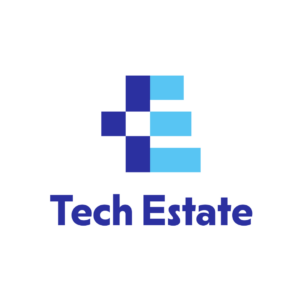
Written by: Richel Plange
The education technology (edutech) industry in Ghana has undergone significant transformation over the last five years, propelled by technological advancements, government initiatives, and a growing demand for quality education.
In the early 2000s, technology adoption in education was minimal due to a lack of infrastructure in educational institutions. However, the Ghanaian government recognized the importance of integrating ICT into education and implemented policies like the ICT in Education Policy to promote the use of technology in schools.
2019: Growing Interest and Investment
By 2019, edutech startups in Ghana began attracting more investment. Companies such as the Meltwater Entrepreneurial School of Technology (MEST) received significant funding to support local edutech entrepreneurs. The government reinforced its commitment to ICT in education through ongoing policies, while companies like eCampus and Chalkboard Education expanded their services using mobile technology.
2020- 2021: The COVID-19 Catalyst
In 2020, the COVID-19 pandemic accelerated the shift to online learning in the edutech industry. Ghana launched Ghana Learning TV and radio programs for educational continuity, while platforms like Google Classroom and Zoom became essential. In 2021, remote and hybrid learning models were further established, with a focus on improving digital infrastructure in rural areas.
Funding for digital education initiatives increased, and partnerships between government, private sector, and international organizations were crucial. Platforms like Eneza Education expanded, offering interactive content via SMS and mobile apps, and training programs for teachers and students on digital tools were expanded.
2022: Expansion and Advanced Technologies
By 2022, the number of edutech startups continued to grow, focusing on areas such as language learning, STEM education, and vocational training. Advanced technologies like AI and data analytics were introduced to personalize learning experiences and improve outcomes.
Companies like uLesson tailored their content to meet the specific needs of Ghanaian students, aligning with local curricula.
2023-2024: AI and Immersive Learning
AI and VR use in personalized learning and immersive education increased with more investment in edutech. STEM and vocational training through tech platforms aimed to equip students with job skills. Integration of edutech in education improved with government, private sector, and NGO collaborations. Focus on sustaining and expanding successful edutech initiatives, especially in under-resourced areas, remained important.
Conclusion
Over the past five years, the edutech industry in Ghana has evolved from a nascent sector to a critical component of the country’s education system. The COVID-19 pandemic acted as a major catalyst, accelerating digital adoption and innovation. With ongoing government support, increased investment, and continuous advancements in technology, the future of edutech in Ghana looks promising, poised to make significant impacts on education accessibility and quality.
Stay well-informed and be the very first to receive all the most recent updates directly in your email! Tap here to join now for free!












